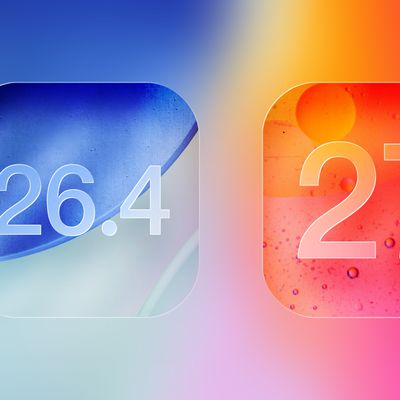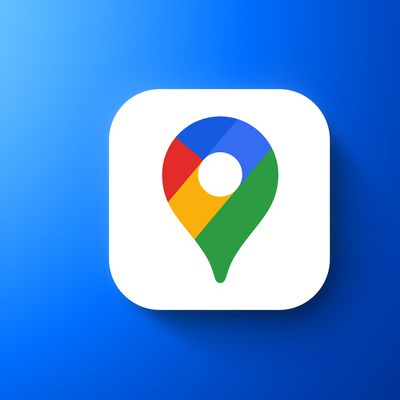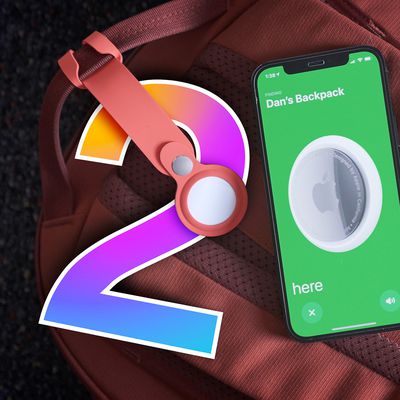Google Under Fire for Circumvention of Cookie Settings in Safari for iOS to Track Users
The Wall Street Journal reports that Google and several other advertising agencies have been discovered to be circumventing privacy protections in Apple's Safari browser for iOS devices in order to track users through ads on numerous popular websites. Google implemented the technique in order to embed +1 buttons on its ads, tricking users' systems into allowing cookies by using an invisible form submission to make Google's third-party cookies, which are blocked by Safari, appear as first-party cookies that are allowed.
To get around Safari's default blocking, Google exploited a loophole in the browser's privacy settings. While Safari does block most tracking, it makes an exception for websites with which a person interacts in some way—for instance, by filling out a form. So Google added coding to some of its ads that made Safari think that a person was submitting an invisible form to Google. Safari would then let Google install a cookie on the phone or computer.
The cookie that Google installed on the computer was temporary; it expired in 12 to 24 hours. But it could sometimes result in extensive tracking of Safari users. This is because of a technical quirk in Safari that allows companies to easily add more cookies to a user's computer once the company has installed at least one cookie.

Google halted the practice once it was contacted by The Wall Street Journal about it, but has tried to downplay the impact of the issue.
In a statement, Google said: "The Journal mischaracterizes what happened and why. We used known Safari functionality to provide features that signed-in Google users had enabled. It's important to stress that these advertising cookies do not collect personal information."
In a companion blog post, The Wall Street Journal notes that the loophole that had permitted Google to bypass Safari's privacy protections has been closed in WebKit, the open source engine behind Safari, with the change having been made by two Google engineers. Consequently, Apple could and appears to be preparing to bring that fix to the public version of Safari.
An Apple spokesman said: “We are aware that some third parties are circumventing Safari’s privacy features and we are working to put a stop to it.”
An update to the software that underlies Safari has closed the loophole that allows cookies to be set after the automatic submission of invisible forms. Future public versions of Safari could incorporate that update. The people who handled the proposed change, according to software documents: two engineers at Google.
The issue was discovered by Stanford graduate student Jonathan Mayer, who has also published an extensive blog post offering additional technical details on how Google and other advertising companies circumvented Safari's default cookie settings.
Popular Stories
Apple seeded the second iOS 26.2 Release Candidate to developers earlier this week, meaning the update will be released to the general public very soon.
Apple confirmed iOS 26.2 would be released in December, but it did not provide a specific date. We expect the update to be released by early next week.
iOS 26.2 includes a handful of new features and changes on the iPhone, such as a new...
Macworld's Filipe Espósito today revealed a handful of features that Apple is allegedly planning for iOS 26.4, iOS 27, and even iOS 28.
The report said the features are referenced within the code for a leaked internal build of iOS 26 that is not meant to be seen by the public. However, it appears that Espósito and/or his sources managed to gain access to it, providing us with a sneak peek...
Apple today released new firmware designed for the AirPods Pro 3 and the prior-generation AirPods Pro 2. The AirPods Pro 3 firmware is 8B30, up from 8B25, while the AirPods Pro 2 firmware is 8B28, up from 8B21.
There's no word on what's include in the updated firmware, but the AirPods Pro 2 and AirPods Pro 3 are getting expanded support for Live Translation in the European Union in iOS...
Apple today released iOS 26.2, the second major update to the iOS 26 operating system that came out in September, iOS 26.2 comes a little over a month after iOS 26.1 launched. iOS 26.2 is compatible with the iPhone 11 series and later, as well as the second-generation iPhone SE.
The new software can be downloaded on eligible iPhones over-the-air by going to Settings >...
Google Maps on iOS quietly gained a new feature recently that automatically recognizes where you've parked your vehicle and saves the location for you.
Announced on LinkedIn by Rio Akasaka, Google Maps' senior product manager, the new feature auto-detects your parked location even if you don't use the parking pin function, saves it for up to 48 hours, and then automatically removes it once...
The AirTag 2 will include a handful of new features that will improve tracking capabilities, according to a new report from Macworld. The site says that it was able to access an internal build of iOS 26, which includes references to multiple unreleased products.
Here's what's supposedly coming:
An improved pairing process, though no details were provided. AirTag pairing is already...
Apple today released macOS Tahoe 26.2, the second major update to the macOS Tahoe operating system that came out in September. macOS Tahoe 26.2 comes five weeks after Apple released macOS Tahoe 26.1.
Mac users can download the macOS Tahoe update by using the Software Update section of System Settings.
macOS Tahoe 26.2 includes Edge Light, a feature that illuminates your face with soft...
Apple is about to release iOS 26.2, the second major point update for iPhones since iOS 26 was rolled out in September, and there are at least 15 notable changes and improvements worth checking out. We've rounded them up below.
Apple is expected to roll out iOS 26.2 to compatible devices sometime between December 8 and December 16. When the update drops, you can check Apple's servers for the ...
![]()























